I'm just getting started. Last night I saw Julie Delpy's new one 2 DAYS IN NEW YORK. It's half in French and half in English.
This time I'm a week ahead of Cannes. It doesn't start till May 16, so I'll only ve here for six days of it. However Jacques Audiard's RUST AND BONE, a Cannes competition film, opens in Paris May 17 so I should be able to offer a preview of this film which is certain to have US distribution. I'll give more information on Cannes in a Cannes 2012 thread.
Possibly interesting local prospects:
SISTER/L'ENFANT D'EN HAUT (Ursula Meier)
TWIXT (Francis Ford Coppola)
VIVA RIVA (2010m Djo Munga.)
WALK AWAY RENEE (Jonathan Caouette)
AVE' (Konstantin Bojanov 2012)
Others that may be of interest:
BABYCALL (Pål Sletaune) Norwegian scare flick starring Noomi Rapce of Girl with the Dragon Tattoo
NANA (Valérie Massadian 2012) French
QUERELLES/MOURNING (Monteza Farshbaf 2011) Iranian
And there are thesre popular French comedies:
THE VACATIONS OF DOCUBU (Philippe de Chauveron )
LA CERISE SUR LE GATEAU (Laura Morante)
DEPRESSION ET DES POTES (Arnaud Lemort)
LE PRENON (Alexandre de La Patellière, Matthieu Delaporte )
And more. We'll see what I can find.




 Reply With Quote
Reply With Quote
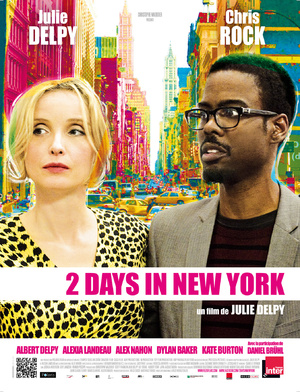
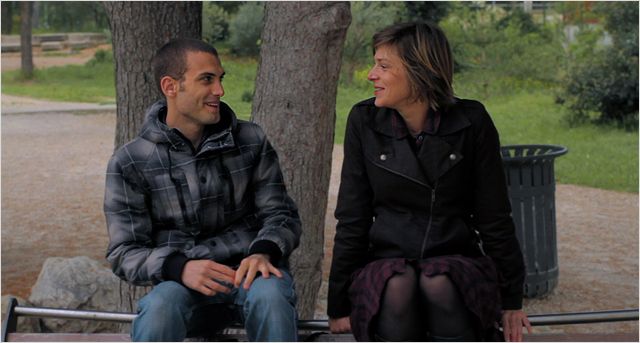

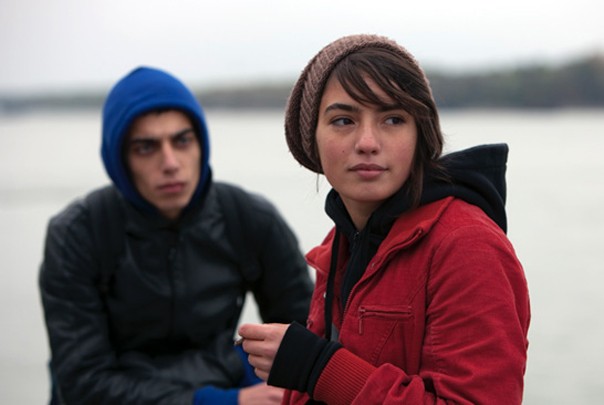
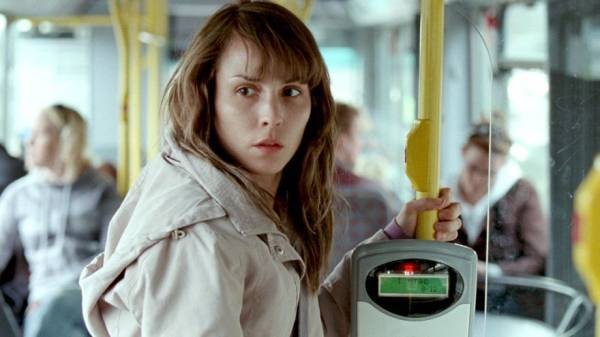
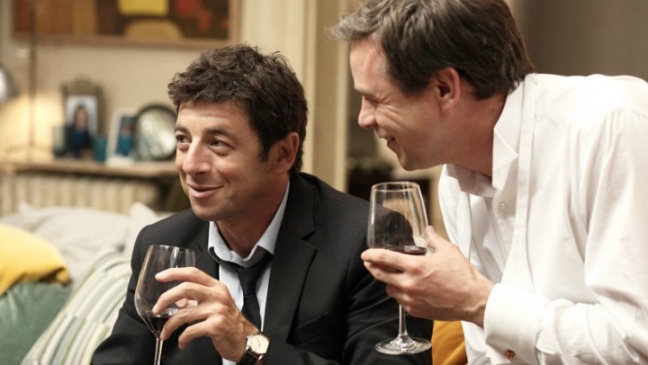
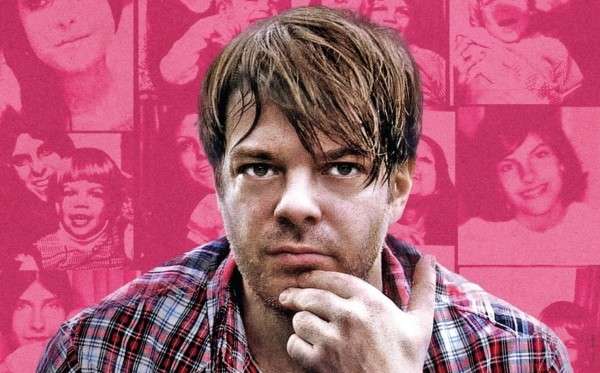
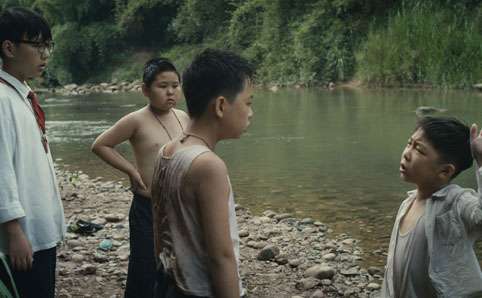
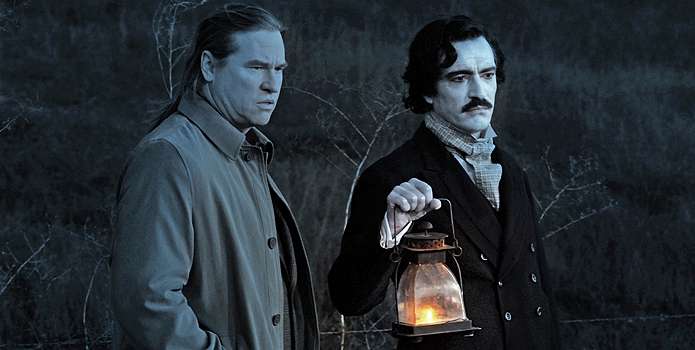

Bookmarks